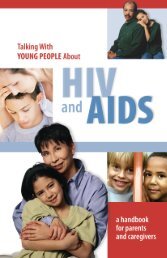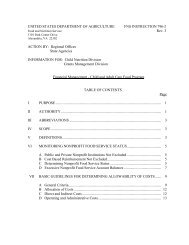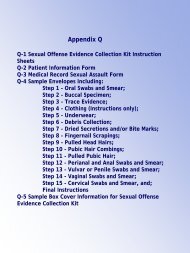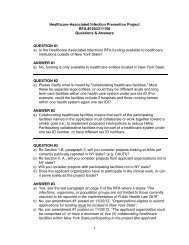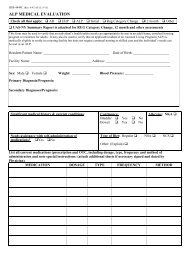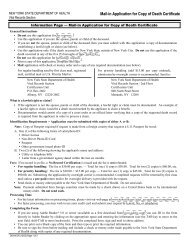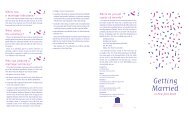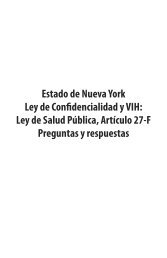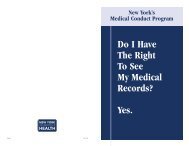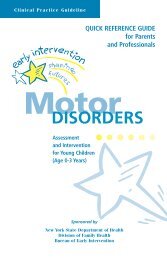HIV: The Basics
HIV: The Basics
HIV: The Basics
Create successful ePaper yourself
Turn your PDF publications into a flip-book with our unique Google optimized e-Paper software.
<strong>HIV</strong> is a virus that<br />
hurts the body's<br />
immune system.<br />
What is <strong>HIV</strong>?<br />
<strong>HIV</strong> (Human Immunodeficiency Virus) is a virus<br />
that attacks the immune system. (<strong>The</strong> immune<br />
system fights infections and diseases in a person's<br />
body.) Over time, <strong>HIV</strong> weakens a person's immune<br />
system so it has a very hard time fighting diseases.<br />
<strong>HIV</strong> causes AIDS (Acquired Immune Deficiency<br />
Syndrome). People with <strong>HIV</strong> can have it for many<br />
years before it develops into AIDS.<br />
It is not who you<br />
are. It is what<br />
you do that puts<br />
you at risk for<br />
getting <strong>HIV</strong>.<br />
How is <strong>HIV</strong> spread?<br />
<strong>HIV</strong> is passed from person to person. This happens<br />
when a person with <strong>HIV</strong> gets his/her blood, semen,<br />
vaginal fluid, or breast milk inside another person's<br />
body. <strong>The</strong>re is no risk of getting <strong>HIV</strong> from the<br />
person's urine, sweat, tears, saliva, or vomit unless<br />
there is also blood in it.<br />
A person of any age, sex, ethnic group, religion,<br />
economic background, or sexual orientation can get<br />
<strong>HIV</strong>. It is not who you are. It is what you do that<br />
puts you at risk. Anyone who shares needles, shares<br />
works to inject drugs, or has unprotected sex (sex<br />
without a condom) with someone who has <strong>HIV</strong> is at<br />
very high risk for getting infected. A mother with<br />
<strong>HIV</strong> can also pass the virus to her baby during<br />
pregnancy, during birth, or by breast feeding.<br />
It is not possible to tell if people have <strong>HIV</strong> by<br />
looking at them. People can have <strong>HIV</strong> for many<br />
years and not know they have it. <strong>The</strong>y can also pass<br />
1–2 <strong>HIV</strong>: <strong>The</strong> <strong>Basics</strong><br />
9/03



